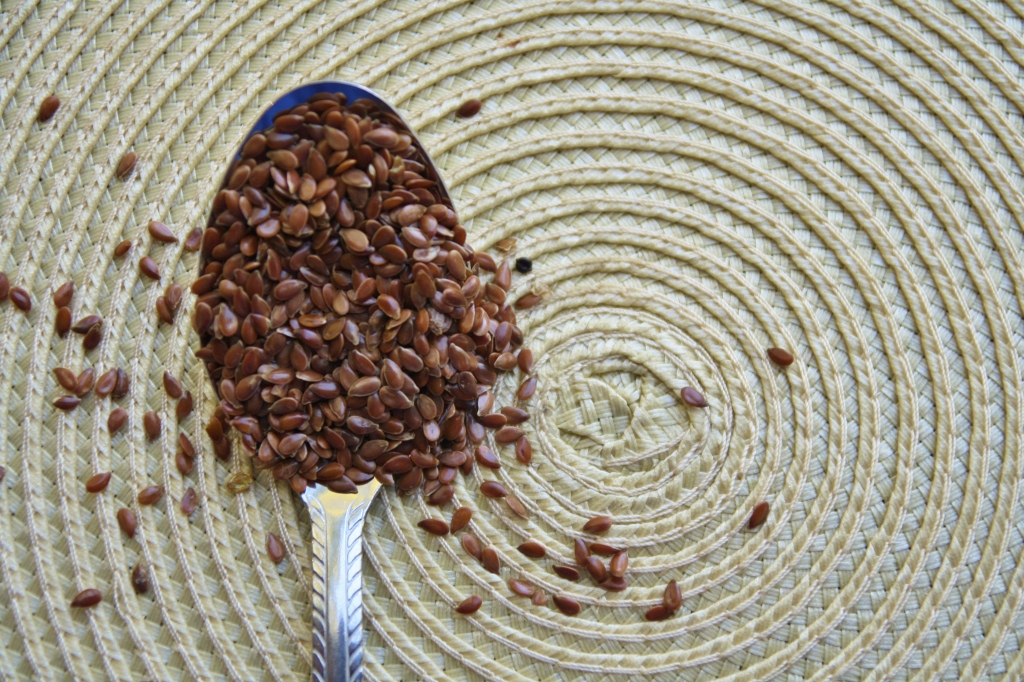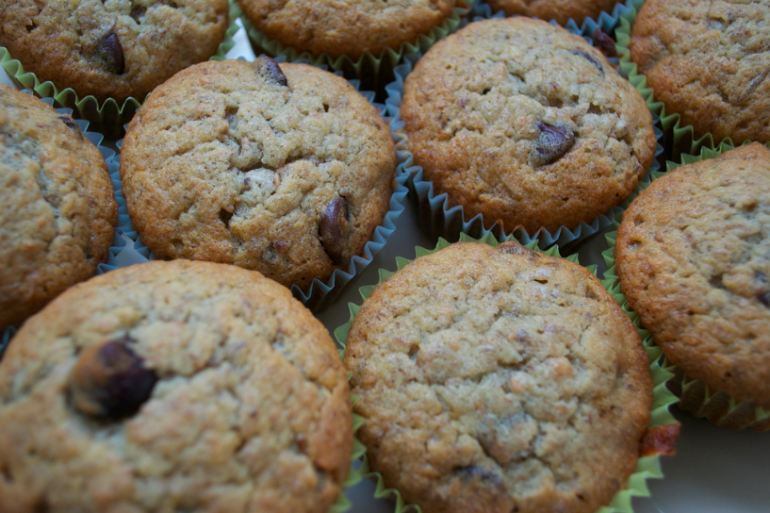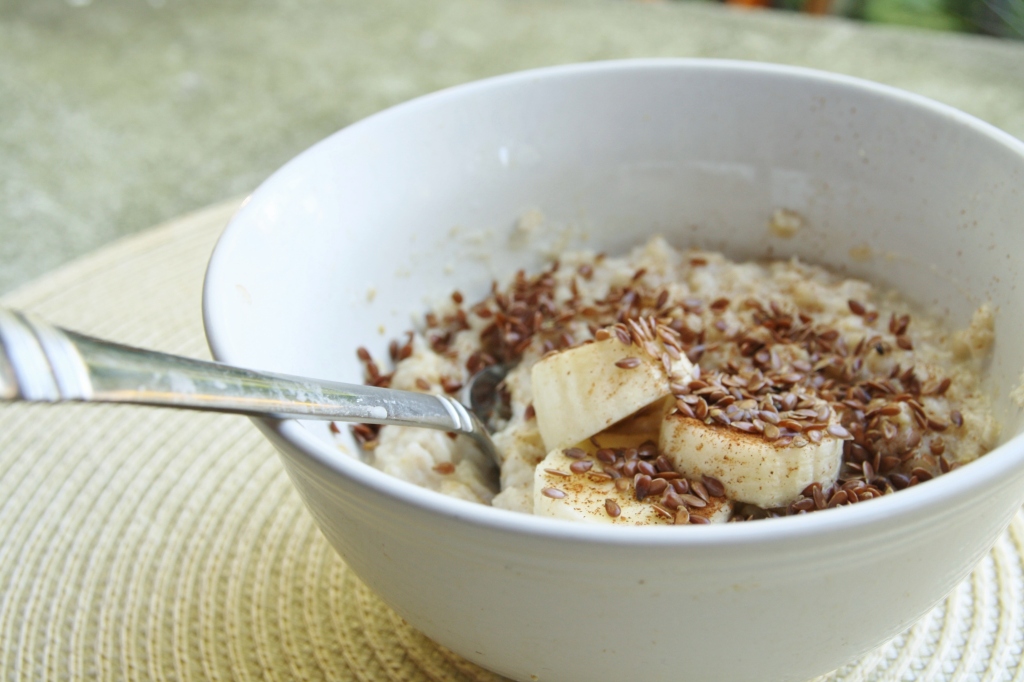Flaxseeds have been getting a lot of attention lately as a “superfood.” Health junkies can’t seem to say enough about their health benefits. They are being added to packaged granolas, snack bars, oatmeal, crackers and even waffles. While the craze has been a relatively recent phenomenon, these tiny seeds that come from the same plant that gives us linen have actually been around for a long time. Ancient Egyptians prescribed them as laxatives and King Charlemagne decreed that subjects must consume them to maintain good health. Today, however, flaxseed’s proponents are more likely to be the likes of Jennifer Aniston than royalty.
Flax Facts: Superfood or Superhype?
So is the humble looking flaxseed actually deserving of all this attention? Here’s the low down on the purported health benefits of flaxseeds:
- High alpha-linolenic acid content. Alpha what? Alpha-linolenic acid, or ALA, is an essential omega-3 fatty acid. Omega-3 fatty acids in general have well-documented positive effects on heart health. Flaxseeds are one of the best sources of this plant-based omega-3 fatty acid in North American diets, making it an especially useful ingredient for vegetarians and vegans to incorporate into their food.
- High in fiber. Flaxseeds have 2g of dietary fiber per tablespoon, including soluble and insoluble fiber. Soluble fiber may decrease cholesterol levels, while insoluble fiber keeps the digestive tract moving smoothly.
- High in lignans. Lignans are a plant phytochemical similar to estrogen that has antioxidant properties. Some research even suggests that lignans are anti-carcinogenic.
Although research has not been 100% conclusive, overall it seems that the health benefits of adding flaxseeds to the diet are promising enough to earn the support of dietitians from top hospitals. Just be careful not to eat too much.

Photo by Abby Farley
Ways to Incorporate Flaxseeds Into Your Diet
To get the full benefits of flaxseeds, they should be ground or milled because they are difficult to digest in whole form. Flaxseed oil has also become more popular, but the oil form lacks the fiber and lignan benefits.
- Bake ‘em. Flaxseeds are a great addition to any baked recipe and luckily the nutritional benefits are not lost when heated. They have a nutty flavor that pairs perfectly with hearty muffins and oatmeal cookies. As another plus, flaxseeds can actually be made into an egg substitute to make recipes vegan friendly.

Photo by Kirby Barth
- Blend ‘em. Toss them into a blender with your favorite smoothie recipe to give your smoothie an extra oomph.
- Sprinkle ’em. Toppings make everything better, and flaxseeds can be easily sprinkled on oatmeal or yogurt to amp up your breakfast.

Photo by Abby Farley

